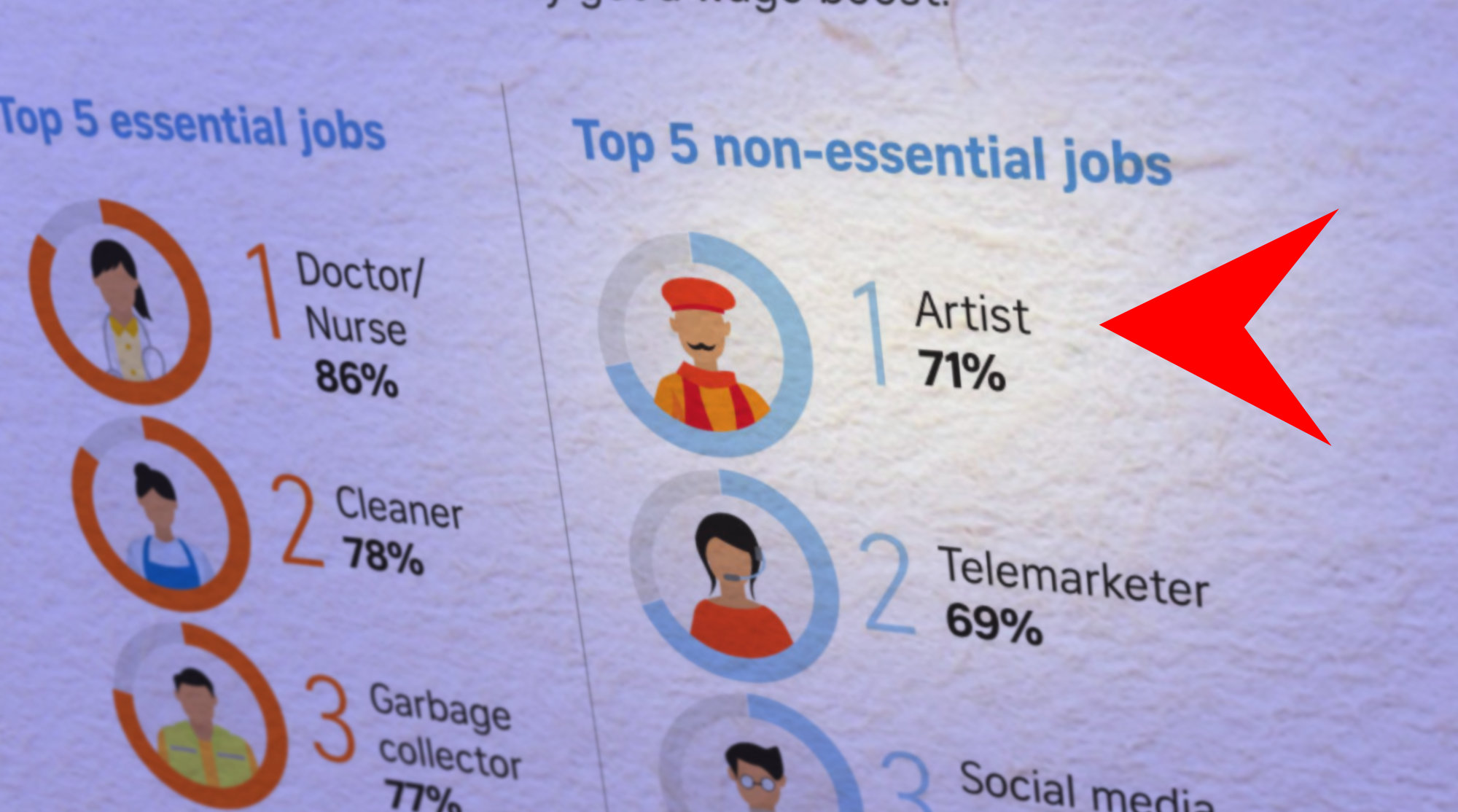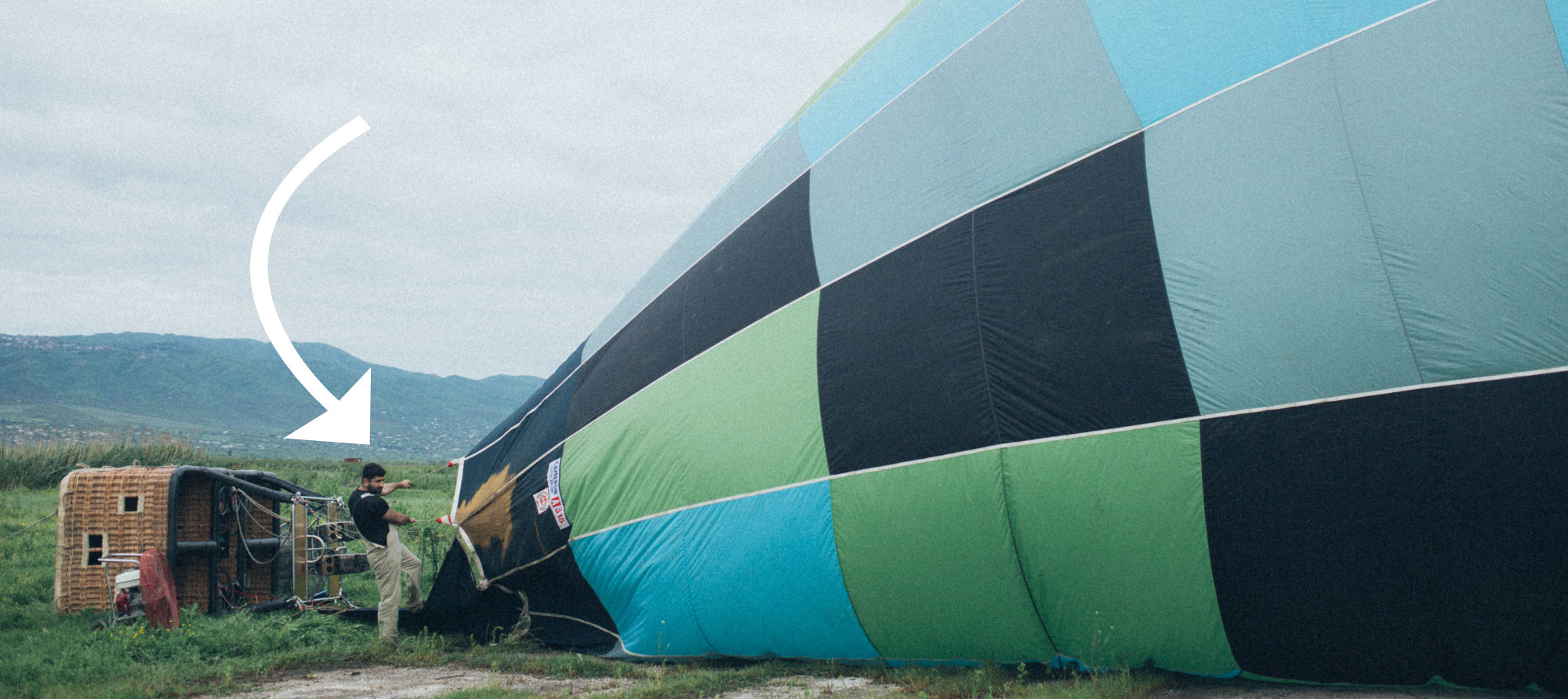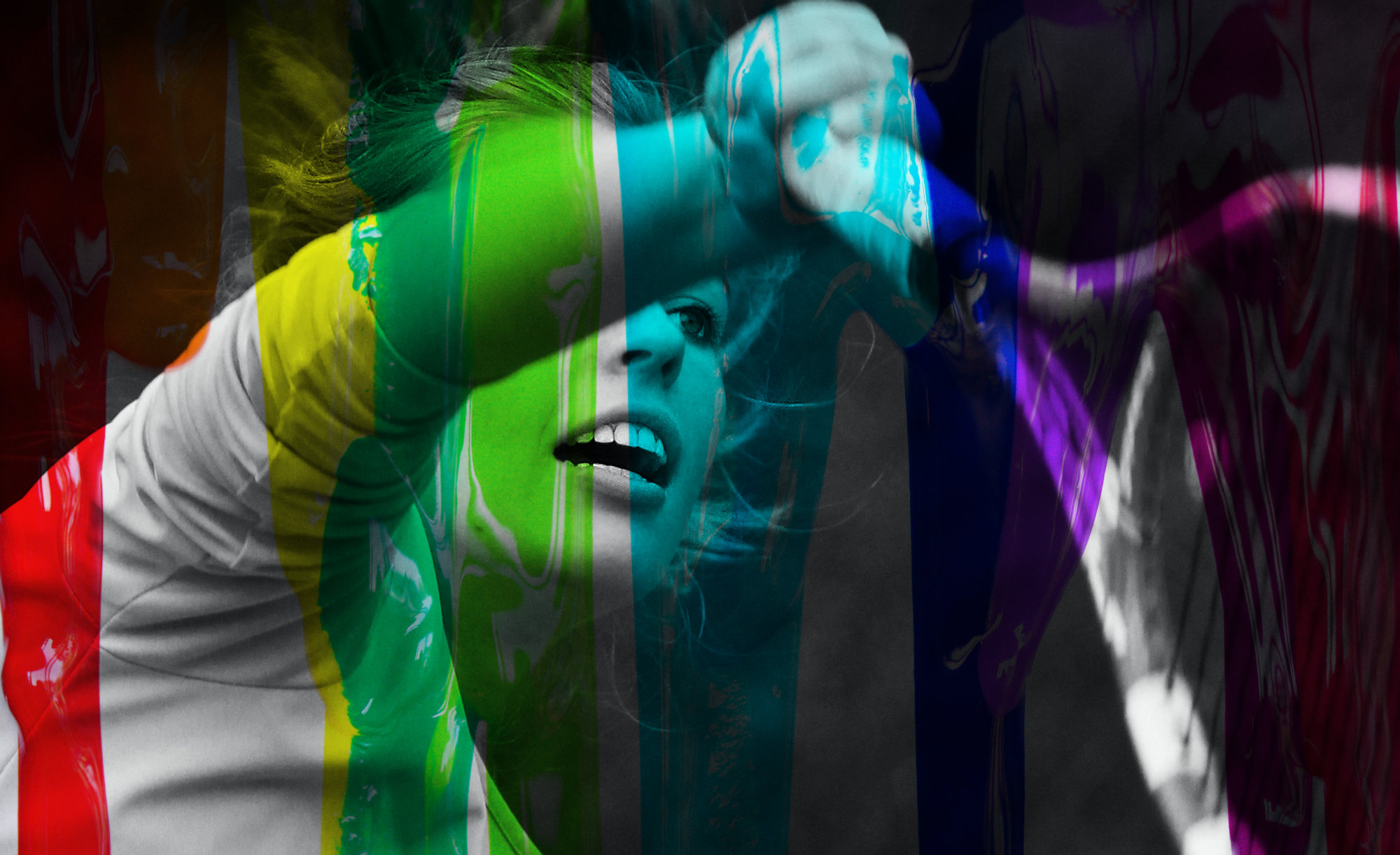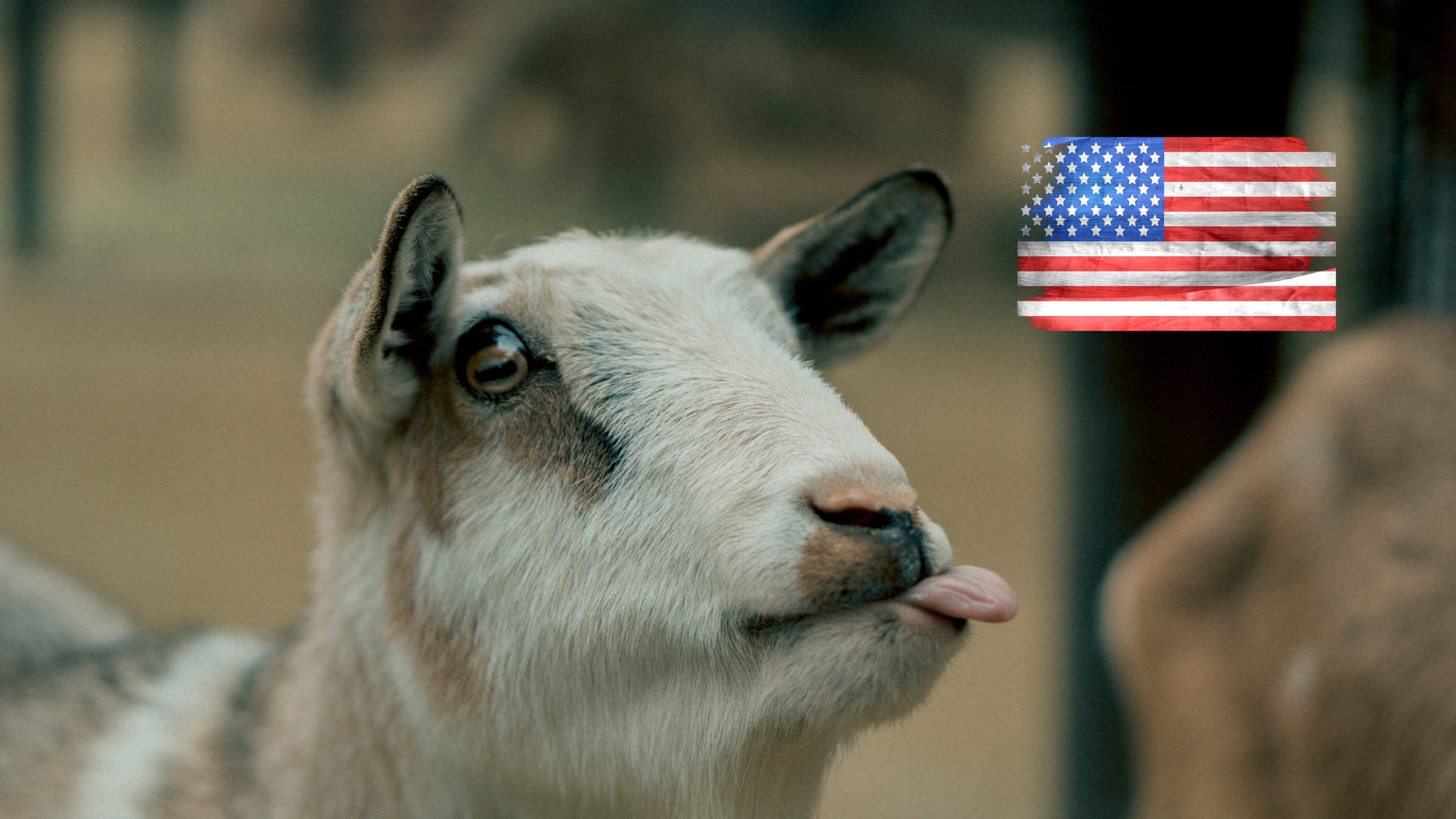
I’m going to get specific about one scenario for performers who have been primarily live trying to make a change-over. You have a potential client who wants to hire you to make a custom video. If you’d like me to give you a guide for a different scenario, you could email me, I’d be glad to help.
I have worked in a lot of different sitches for a bunch of different companies. This is a stripped-down freelancer’s version of how to make a pitch for a video and understand the stages of the production process.
Hopefully, if this world is alien to you, you will see how to give more value to your clients and how to make a smooth process so you can create something everyone’s pumped about!
The main difference is the timing of everything and the scope
When someone’s hiring you for a live show, they are booking you based on your track record, what you provide, and what they think they need. They decide based on past work whether you’ll be right for the job. When the job happens, it’s over. No chance to refine it. It’s not concrete. It was an experience. Although there are definable and objective parts of it, it’s hard to debate whether the job was done. The gig itself happens instantly.
The scope is usually set pretty easily. You will do a 45 minute show on a stage. Although there are a lot of factors that go into that, you probably aren’t defining them before you get booked.
This video is custom
You are not sending this company just another copy of the same thing. When you do a live show, every performance is special because it’s exclusively happening for that one crowd at that place at that time.
Recorded video is made before the viewing and can be shown to as many people as you want. Your client needs you to make it special and exclusive by making it custom to their needs. Every moment they hear about how it’s special to them is poking some value into their brains!
You’re in control of more aspects
In a stage show, you probably aren’t in control of the lights, sound, stage set, pacing, context, branding, fonts, some of the music, etc. These aspects include lots of creative decisions. These aspects are extra value, but also a lot of extra communication and a lot of work.
First contact
Note to yourself: communication about creative works is super hard and you won’t get it 100% right. If people can’t agree on what to call a shade of blue, how do you think they’ll agree on how to describe a brand.
On first contact with the client here are some things to find out.
- what problem are they trying to solve with this video?
- have they commissioned videos like this before?
- try to get an idea of the budget for past projects as similar to this as you can get.
- how important is it that they get this right?
- how long of a video?
- who is the video for?
- how will they be showing it to them?
- get examples of what is similar in the look, feel, pacing, objective, and whatever else you can think of.
- when do they want the video delivered?
- are they the decision maker, or is there some other process for making the decisions?
- does the video tie into other parts of their brand, their company, other videos they’ve put out?
- how do they want the video to affect the audience (get them to buy something, entertain them for 5 minutes during a zoom meeting, get them motivated to take a pay cut)?
Your goal is to understand the scope of the project and start to clearly visualize every single part of the gap this video is filling. You don’t want to completely visualize the video too quickly, but understand what need it’s serving.
You also want to understand the cost of the problems you’re solving. If they don’t really care about whether the video’s good or bad and they are considering just using some video they have lying around instead, it might not be worth it to them to hire you.
Define the scope
When you feel like you know what they want ( it may take more conversations ), you will determine what the scope of the project is (how long will it take, what defines the finished project, etc.)
Then, you can talk to the client about your pricing. Make sure you talk them thru what the scope of the project is and remind them how you’ll solve all their problems and give them more value than they might have already considered. This can be in the form of documents, a video of you talking to camera and showing what kind of thing they can expect, etc.
Get a contract signed or an agreement thru email if you don’t mind.
This seems like a lot of work upfront for free because it is. It’s a lot.
Line Items
It’s tricky to list each part of the process that costs money. The upside is that it can give the client more of an idea how big the project is and how much you provide as well as giving them things they can cut out for negotiation purposes. The downside is that it can bring cost-based pricing into the project instead of value-based and it takes a lot of thoughtfulness up front.
Examples of similar work must get granular
When you and the client talk about examples of similar work, this is a great way to really understand the job. If you have examples of your own work, this is super because you know exactly goes into creating that work. No matter what, you have to be specific about what you’re agreeing is the part of the example that is duplicatable.
The client is a Lexus dealership. They say, “we want it to be kinda like Fight Club.” That means something real to them, but what?
- Subversive?
- Bloody?
- Underground?
- Grungy?
- White male driven?
- 90s?
- Psychological?
- Romantic?
Most of these don’t make sense at all, but who knows?
“Oh, no, I just mean the lighting of the scenes”
Getting closer. Which one of these lighting setups do you like?

The client will likely say, “Oh, I none of these. Just kind of bluish lighting. I don’t know what I was thinking from Fight Club.” Keep asking questions to get specific because this will prevent extra work, disappointed clients and communication headaches later.
Script, Storyboard, Mood board
I’m hoping this part comes after the contract, but it’s possible that sometimes the client will need to get approval on something more complete. Let’s assume this is after the contract is signed, though. People who sell intellectual property like recorded media often do a lot of spec work before getting the job. That’s why your budgets must be higher than you might expect.
Script is the written words describing what happens pretty simply and the words that are said either in type or thru audio. It’s like short story without too many aesthetic descriptions.
Storyboard is a black and white illustration of the video’s different shots, pacing, framing, and camera movement kind of stuff. It’s like a comic strip.
Mood board is some visual specifics about how the video will look and feel. Font choices, color palettes, costuming, set, and hopefully still images that look the way the final product will look. It’s like pinterest.
Seperating all these things is really helpful because you don’t want the client to ever think they’re looking at your best work, and you don’t want them to shoot down an entire concept because they have issue with the color of a shirt.
Timeline
Another crucial part of your conversation includes timeline. Here’s a super basic version. It takes a lot of thinking and talking to your crew to figure out what’s reasonable. Waiting for revisions can be insane and them not knowing when you deliver can be frustrating and lead to a lot of checking in.
Another thing that a timeline does is shows the client that there’s a lot going on and you need their help to complete it.
March 1 (today) I deliver you version 1 of the timeline, mood board, storyboard, and script
March 4 you send me all revisions
March 5 I will send you version 2 of timeline, mood board, storyboard, and script
March 7 You send approval or any small notes. No other version will be sent, but we can agree over the phone to save time
March 15 I will send you version 1 of the video
March 18 you will send me revisions
March 19 phone call to discuss revisions
March 25 I will deliver to you completed video final version
Two shoots
It’s helpful to notice in the above timeline that you may need to reshoot things for the final version of the video. Prepare for that by making sure your video setup is repeatable; that you have enough time and crew to shoot twice, etc.
You will mess up
If you’re a stage performer making this transition, you are bringing awesome stuff to the client that doesn’t have to do with video production. Don’t forget that.
Don’t feel the need to be Universal Pictures. Keep it a human connection with your client. Ask a lot of questions. Mess things up.
You will probably mess up your budget, you’ll forget to ask some important questions up front. You’ll have some hiccups in meeting your timeline. You’ll say something that takes away from a flowing collaborative process. Stay open and forgive yourself. Your client will be happy if you are are honest and playing from your strengths.
Tricky things to remember
When playing out of your depth, imposter syndrome can kick in making you feel perfection is necessary. Fight of your perfectionism at every turn.
Everything is a variable that you’re not ready for. Things will take at least 3 times longer than you expect.
Don’t forget new expenses. Because of all the aspects you’re dealing with, you may need to check prices on lighting rental, video editors, new props, hard drives and more. Be patient with this.
When setting up the timeline, get feedback from people who will be involved and tips from people who are experienced.
All the production materials only have to look good enough so everyone understands what’s up. They’re for communication. Your script doesn’t have to have perfect spelling or line spacing. Your storyboard doesn’t have to be drawn by the guy that worked on Back to the Future.























